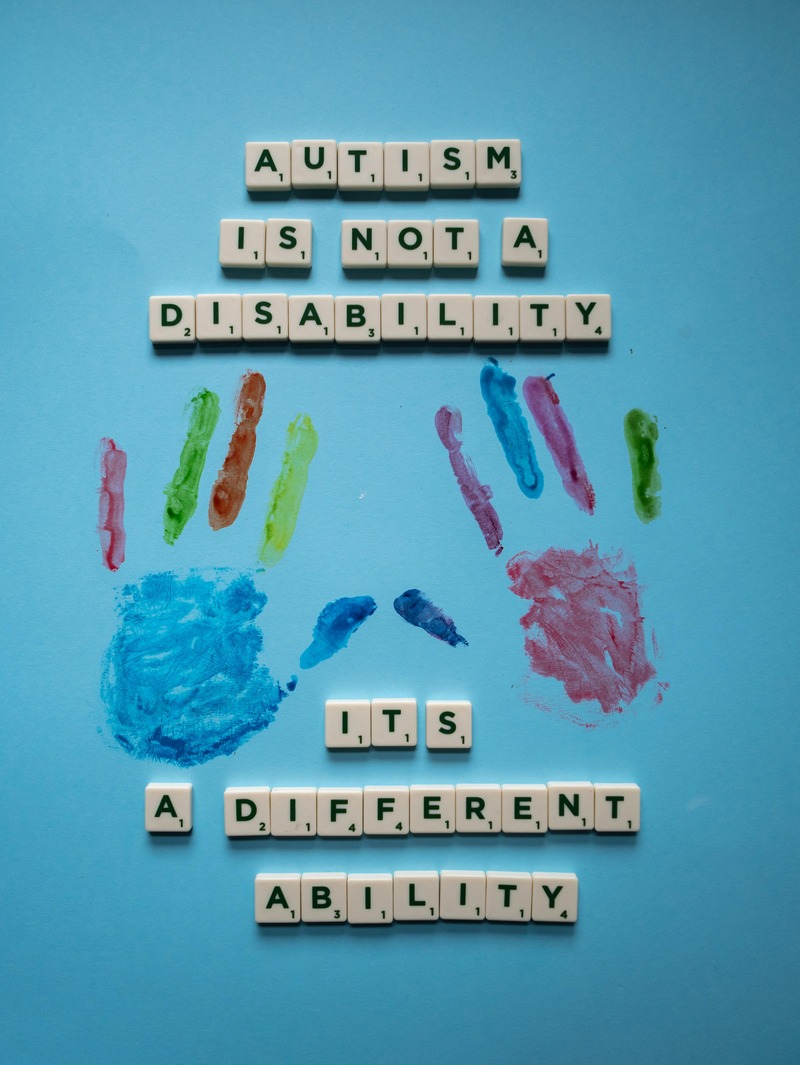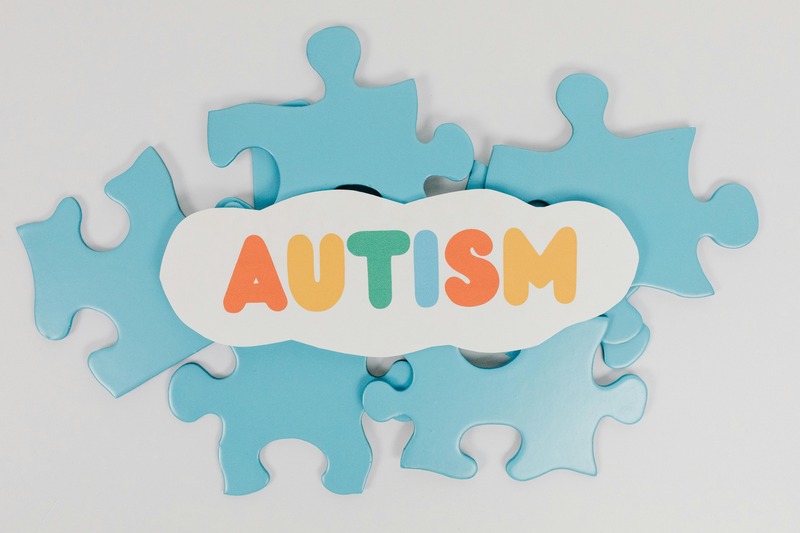Embarking on the journey of an autism evaluation is a critical step for many families and individuals seeking answers and support. An evaluation for autism near me involves a comprehensive assessment conducted by qualified professionals. These experts use a variety of tools and techniques to gauge developmental milestones, communication skills, social interactions, and behavior patterns that are characteristic of autism spectrum disorders (ASD). Early diagnosis is essential as it opens the door to tailored interventions and therapies that can profoundly impact the individual’s quality of life.
For those searching for the right autism evaluation services, it’s essential to look for practitioners who are not only skilled in administering the assessments but also compassionate and understanding of the nuances of ASD. It is advisable to seek out multidisciplinary teams that may include psychologists, speech and language therapists, and occupational therapists, among others, to ensure a holistic approach to diagnosis and subsequent care planning.
If you’re on a quest to find the best support and resources for autism assessments, remember that you’re not alone. I invite you to visit me at louisscarantino.com to learn more about navigating the complexities of autism evaluation and how to access the services that can help pave the way for a fulfilling life for those on the spectrum.
Key Factors in Choosing an Autism Evaluation Center
Selecting the right center for an autism evaluation is a pivotal decision that can significantly influence the trajectory of care and support received. When considering an evaluation for autism near me, several key factors should guide your choice. Firstly, the center’s expertise and specialization in autism diagnosis are paramount. It is beneficial to confirm that the professionals involved have extensive experience with ASD and stay updated on the latest diagnostic criteria and assessment tools.
Another critical aspect is the center’s approach to evaluation. A patient-centric model that values the individual’s unique experiences and family input is often more effective in creating a comfortable atmosphere for the person being assessed. It’s also essential to consider the range of services offered post-diagnosis, such as counseling, therapy options, and ongoing support.
Accessibility and convenience also play a role in your decision-making process. Proximity to your location, flexible scheduling options, and the center’s ability to coordinate with schools or other service providers can alleviate additional stress. Lastly, evaluating the center’s reputation through reviews or testimonials from other families and professionals in the field can provide insights into the quality of care and the outcomes achieved by the center.
In essence, a thoughtful evaluation of these factors will lead to a more informed decision, ensuring that you find an autism evaluation center that aligns with your specific needs and expectations.
Navigating Local Autism Evaluation Services

Finding local autism evaluation services that suit your needs can be a daunting task, but with the right approach, it can be made simpler. Begin your search by creating a list of potential centers that specialize in autism evaluations. Utilize online directories, healthcare provider recommendations, and community forums to assemble a comprehensive list of services in your area. It’s important to research each center’s credentials, ensuring they are licensed and qualified to conduct evaluation for autism near me.
Once you have a list, reach out to each center to inquire about their assessment process, wait times, and the types of evaluations they offer. Some centers may provide a multidisciplinary approach, incorporating various specialists like psychologists, speech therapists, and occupational therapists to get a holistic view of the individual’s needs.
Consider also the financial aspect of the evaluation. Verify whether the services are covered by your insurance or if there are any available financial assistance programs. Understanding the costs upfront can help prevent unexpected expenses.
Making a site visit can also be valuable. Visiting the local centers allows you to get a feel for the environment and the staff, ensuring it’s a comfortable setting for the individual being evaluated. Finally, don’t hesitate to ask questions and express any concerns you may have. A reputable center will be transparent and willing to provide all the necessary information to help you navigate the evaluation process with confidence.
Preparing for Your Autism Assessment Appointment

Preparing for an autism assessment is crucial to ensuring a smooth and effective evaluation process. Start by gathering all relevant medical and developmental history, including any previous assessments or reports from schools or therapists. This information will provide the evaluator with a comprehensive background, allowing for a more targeted assessment.
Next, make a list of behaviors, challenges, and strengths you’ve observed. Be as detailed as possible, noting the context in which certain behaviors occur and any triggers or calming strategies that are effective. This personal insight can be invaluable during the assessment, as it gives the evaluator a clearer picture of day-to-day life and functioning.
Discuss the upcoming appointment with the individual being assessed, if appropriate, to help them understand what to expect. Use simple language and be reassuring. It’s equally important to prepare yourself emotionally, recognizing that the assessment is a step towards understanding and support.
On the practical side, confirm the appointment details, such as date, time, and location. Ensure you know the duration of the assessment and any breaks that might be included, especially for longer evaluations. Pack any necessary items, like snacks, a favorite toy or item for comfort, and any documentation or forms that need to be completed. Arriving at the appointment well-prepared will help reduce stress and create a positive experience for all involved.
After the Evaluation: Understanding Your Next Steps

Once the evaluation for autism is complete, it’s time to process the information and plan accordingly. Initially, you will receive a detailed report from the evaluator outlining the findings. This document is crucial as it will guide your next steps. Take the time to thoroughly read and understand the report, noting any recommendations for therapy, education, or support services.
Following the assessment, schedule a follow-up meeting with the evaluator to discuss the results in depth. Use this opportunity to ask questions and clarify any aspects you are uncertain about. The evaluator can also assist in highlighting the most critical recommendations and help prioritize interventions.
Armed with the evaluation report, reach out to local support networks, schools, and therapy providers. Share the assessment outcomes with them to ensure that any support provided aligns with the specific needs identified in the evaluation. It’s important to be proactive in seeking out these resources and supports, as early intervention can significantly impact long-term outcomes.
Additionally, consider connecting with other families and individuals within the autism community. They can offer insights from lived experiences, advice on navigating services, and emotional support. Remember, understanding the evaluation results is just the beginning of a journey. With the right support and resources, individuals on the spectrum can thrive and achieve their full potential.
Connecting with Support Networks Post-Diagnosis

Receiving an autism diagnosis can be an overwhelming experience for both the individual and their loved ones. It’s a time when the support of a community can make a significant difference. Thus, establishing connections with relevant support networks post-diagnosis should be a priority. These networks offer a wealth of resources, including emotional support, advocacy, educational workshops, and social groups that cater to the needs of individuals on the spectrum and their families.
Local autism organizations and online communities are great starting points. They can provide information on upcoming events, specialized services, and opportunities to meet others who share similar experiences. Participating in these groups can help in understanding autism better and in learning strategies to cope with various challenges. Moreover, many organizations also offer programs for siblings and parents, understanding that autism affects the entire family.
For those interested in finding more personalized guidance, Louis Scarantino’s website offers resources and insights from someone who has firsthand experience. Not only does Louis share his journey, but he also provides practical advice and inspiration for others navigating life on the spectrum. His speaking engagements and written works serve as a beacon of hope and empowerment for many.
Remember, you’re not alone on this journey. By reaching out and connecting with support networks, you can build a community that understands, encourages, and assists you in every step of your post-diagnosis path. Visit louisscarantino.com to learn more and become part of a larger conversation that inspires and supports the autism community.
